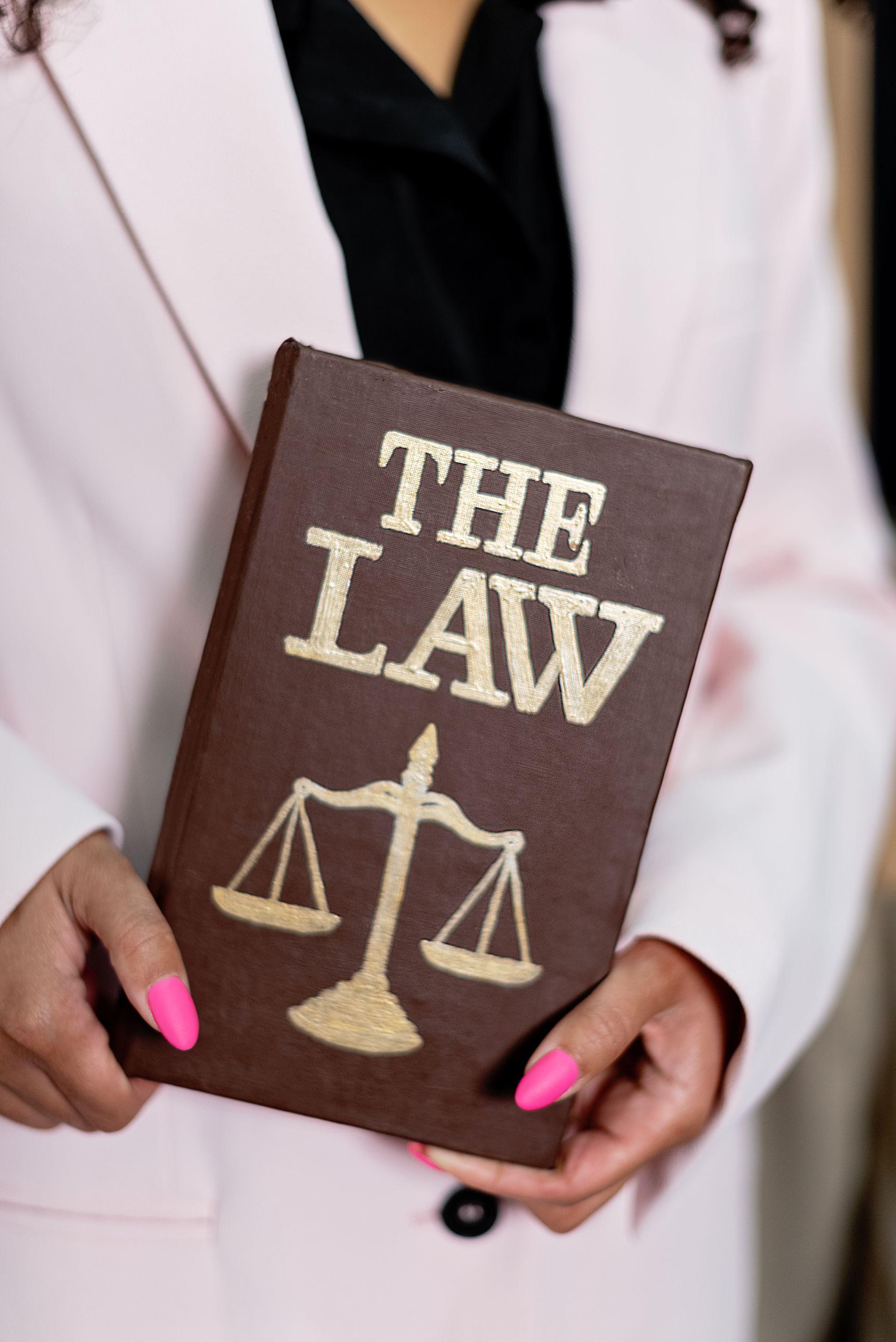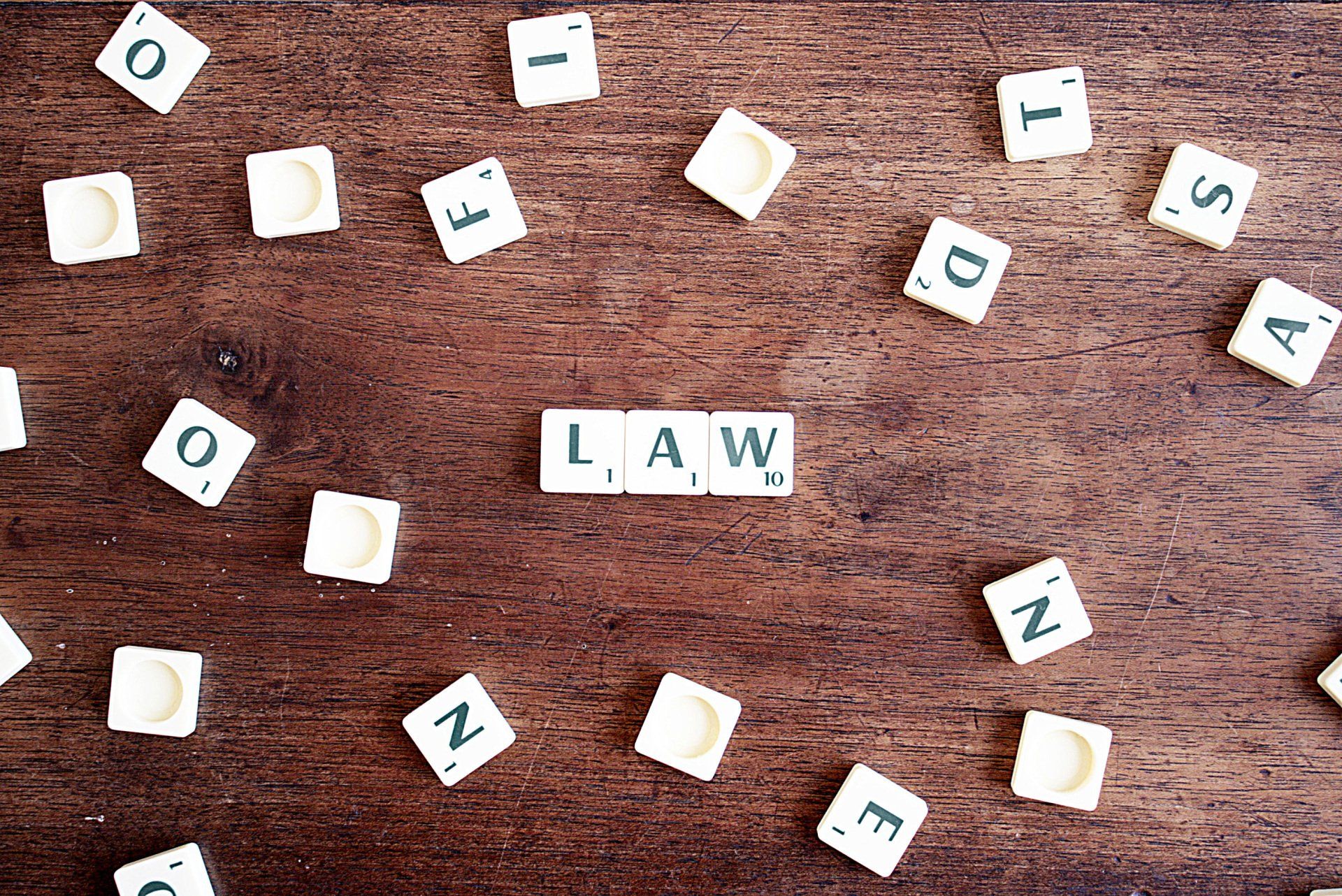
Rachael graduated from Indiana University Bloomington in May 2020 with a degree in Management and Spanish. While attending classes, Rachael worked part-time at a local restaurant in Bloomington while also interning at “Cultural Experiences Abroad” as a marketing ambassador.
Rachael also studied abroad in Barcelona, Spain, her junior year, where she was able to further her studies and passion for different policy matters and international issues occurring around the world. At the end of her college career, she earned a 3.7 cumulative GPA, remaining on the Dean’s List each semester. Rachael is attending the Indiana University McKinney School of Law in the Fall of 2020 to pursue her law degree.

L
esbian , G
ay , B
isexual , T
ransgender , Q
ueer
What is it?: LGBTQ Rights
Defining LGBTQ
:
Lesbian:
a female homosexual; a female who experiences romantic love or sexual attraction to other females
Gay:
a term that primarily refers to a homosexual person or the trait of being homosexual; “gay” is often used to describe homosexual males but lesbians may also be referred to as gay
Bisexual:
romantic attraction, sexual attraction or sexual behavior toward both males and females, or romantic or sexual attraction to people of any sex or gender identity; this latter aspect is sometimes termed pansexuality
Transgender:
an umbrella term for people whose gender identity differs from what is typically associated with the sex they were assigned at birth; sometimes abbreviated to trans
Queer/Questioning:
an umbrella term for sexual and gender minorities that are not heterosexual or cisgender
Background
:
Amendments that are significant when thinking about LGBTQ issues are; the First Amendment, Fourteenth Amendment, and Title VII of the Civil Rights Act of 1964. The First Amendment protects freedom of speech, press, religion, and freedom to assemble peacefully. The Fourteenth Amendment provides equal protection of the law for all citizens. Title VII prohibits employers from discriminating against employees based on sex, race, color, religion, and natural origin. These amendments have been very controversial in regards to what rights they explicitly give to the LGBTQ community and how they are interpreted. Interpretation of Title VII varies throughout the states about whether or not members of the LGBTQ community are protected under this law when applying for jobs.
Twenty-six states, including Indiana, are in a federal circuit with a ruling that explicitly interprets prohibition on sex discrimination under Title VII to include discrimination based on sexual orientation and gender identity. The First Amendment and the Fourteenth Amendment have been cited in many famous court cases that involve discrimination of the LGBTQ community and the right to religious freedom.
Amendments
:
1st Amendment: “
Congress shall make no law respecting an establishment of religion, or prohibiting the free exercise thereof; or abridging the freedom of speech, or of the press; or the right of the people peaceably to assemble, and to petition the Government for a redress of grievances.”
14th Amendment:
“
No state shall make or enforce any law which shall abridge the privileges or immunities of citizens of the United States; nor shall any state deprive any person of life, liberty, or property, without due process of law; nor deny any person within its jurisdiction the equal protection of the laws.”
Title VII
: “
It shall be an unlawful employment practice for an employer… to discriminate against any individual with respect to his compensation, terms, conditions, or privileges of employment, because of such individual’s race, color, religion, sex, or national origin.”
Misconceptions in the United States
There are many issues and misconceptions in today’s society surrounding LGBTQ rights. The Federal Civil Rights Act of 1964 states that “discrimination is prohibited from places of public accommodation on the basis of race, color, religion, and natural origin”. Regarding the LGBTQ community, it is essential to note that this federal law does not include that discrimination based on sexual orientation is prohibited. Because there is no federal law prohibiting discrimination, if a state does not have an anti-discrimination law in place, businesses can legally refuse to serve that group of people.
In the United States, twenty states have laws that explicitly prohibit discrimination based on sexual orientation and gender identity, and twenty-six states have no explicit prohibitions for discrimination based on sexual orientation or gender identity in their state laws. Indiana is one of those twenty-six states that does not have a state-wide law prohibiting discrimination based on sexual orientation.
Misconceptions in Indiana
“Businesses in Indiana can’t turn away LGBTQ people because of who they are.”
This is a common misconception because businesses in Indiana can legally refuse to serve people of the LGBTQ community. After all, Indiana does not have a state law prohibiting discrimination based on sexual orientation. Although some cities and towns in Indiana do have local laws that prohibit discrimination, the state as a whole does not. If someone in Indiana is turned away from a restaurant because of their sexual orientation, it would be dependent on what city they were in when it occurred and the business owners’ reason for turning them away.

History of The Religious Freedom Restoration Act in Indiana
In 2015, Indiana lawmakers passed the “Religious Freedom Restoration Act” that stated that the government could not infringe on a person’s ability to practice his or her religion unless the government can prove that it has a compelling reason to do so. This law was very controversial to not only people of the LGBTQ rights community but also to many others in Indiana because they saw it as a way for businesses to deny service to people based on their sexual orientation.
Under this law, Indiana businesses could legally cite their religious freedom as a legal defense for denying service to someone based on their sexual orientation. When this law passed, there were immediate protests and rallies in front of the Indiana Statehouse, and many celebrities spoke out about their disappointment with the law on all social media platforms.
Along with tweets and statements from celebrities and the NBA, Angie’s list canceled its 40 million dollar headquarter expansion in Indianapolis. Mike Pence, who was the Indiana lawmaker who signed this act, stated that there was no reference to sexual orientation in the law. After a week, Pence signed a revised version of the RFRA. It said that a business could not deny service to someone based on categories that include sexual orientation and gender identity.
Relevant Court Case
A well-known court case that demonstrates a business owner’s ability to turn away a member of the LGBTQ community is “Masterpiece Cakeshop v. Colorado Civil Rights Commission”. The incident in the case occurred in 2012 when a gay couple entered a bakery in Colorado to request a wedding cake for their reception. The baker, who was a religious Christian, refused to make the cake for the gay couple. He claimed that it went against his religion and infringed on his right to freedom of expression under the 1 st
amendment.
The gay couple argued that they have a right to be free from discrimination. The state had anti-discrimination laws to protect the LGBTQ community. The gay couple won their case in a state civil rights hearing, Then they won in the court of appeals. But, when it reached the Supreme Court in 2018, they lost. The Court brought up the fact that the state allowed other bakers to refuse to make cakes in different scenarios.
In this case, the Supreme Court avoided the broader debate. The court focused on the facts concerning the treatment of the baker. This case exemplifies the fact that many loopholes still exist even when states have anti-discrimination laws in place. The Colorado baker used the First Amendment in his argument. He argued that making a cake for the couple violated his right to freedom of expression and freedom of religion.
The Bottom Line
LGBTQ rights are important. If you are the victim of discrimination based on your sexual orientation, contact
Civil Rights attorney, Mark Nicholson, at 317-667-0718. He will fight for you!
Author:
Rachael Satz, Summer Intern 2020
Nugget of the Month
“Injustice anywhere is a threat to justice everywhere.”
Martin Luther King, Jr.

|






















